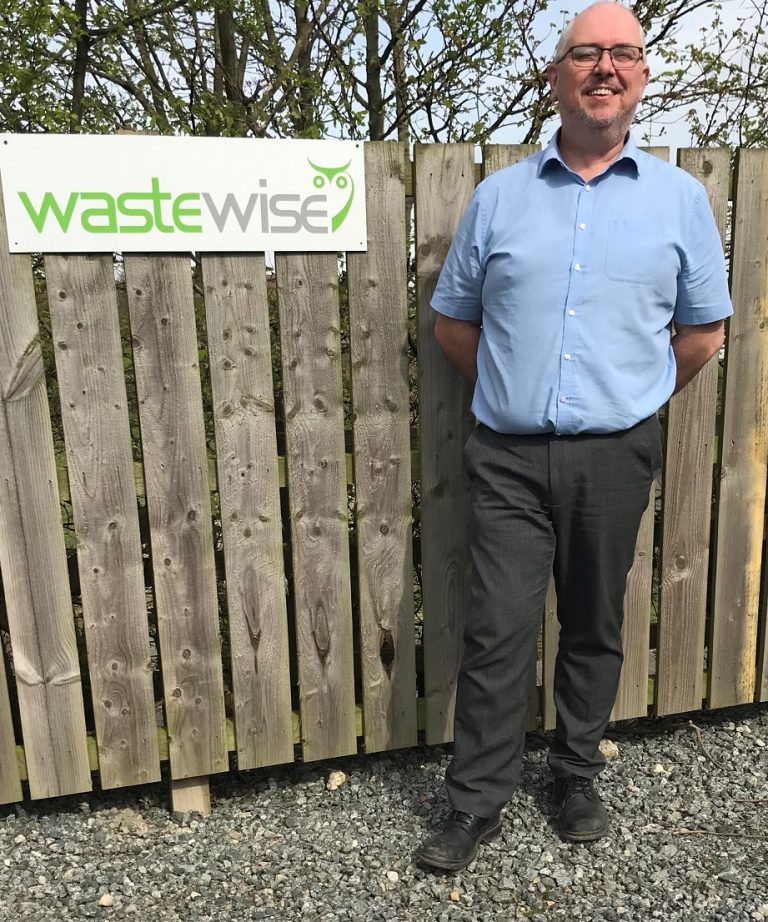Richard Peberdy, UK Head of Automotive, for KPMG comments : “It was widely anticipated that the automotive sector would take most of 2022 to sufficiently increase component capacity and put an end to the supply shortages that have limited car production during the pandemic.
But the implications of war in Ukraine and heightened restrictions in China add further complexity and exacerbate this challenge.
“Whilst supply shortages persist, production volumes will remain lower than pre-pandemic, and car makers will continue to focus on higher margin models, as well as the electric vehicles market.
Up until now, this has kept forecourt sales relatively healthy, and also driven up prices of used cars. But the rising cost of living poses significant questions about whether consumers will delay, or even curtail, larger investments, such as on a car. The coming months will tell.”
Mike Hawes, SMMT Chief Executive, says, “March is typically the biggest month of the year for the new car market, so this performance is deeply disappointing and lays bare the challenges ahead. While demand remains robust, this decline illustrates the severity of the global semiconductor shortage, as manufacturers strive to deliver the latest, lowest emission vehicles to eagerly awaiting customers. Placing orders now will be beneficial for those looking to take advantage of incentives and lower running costs for electric vehicles, especially as the Ukraine crisis could affect supply still further. With increasing household and business costs, government must do all it can to support consumers so that the growth of electric vehicles can be sustained and the UK’s ambitious net zero timetable delivered.”











